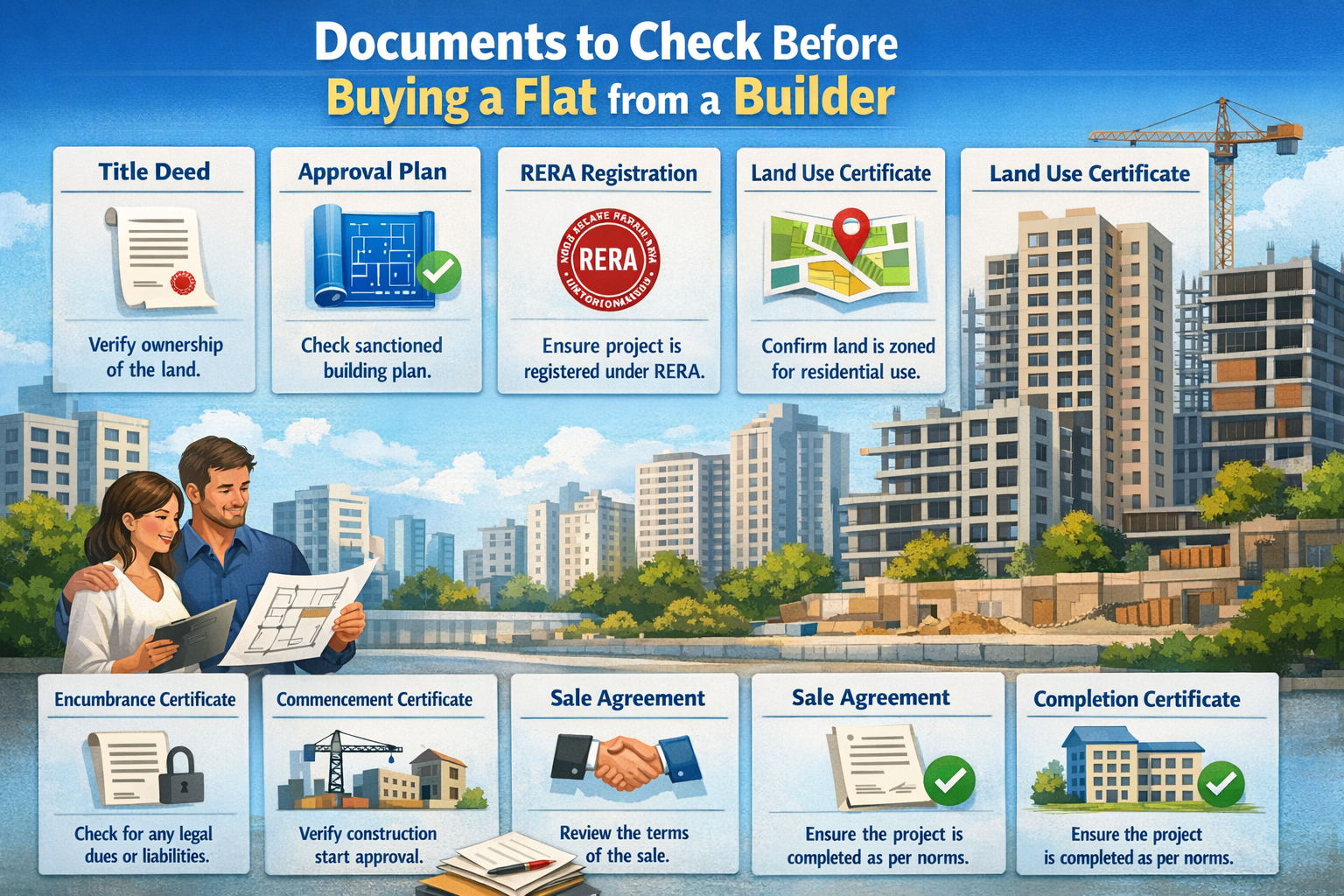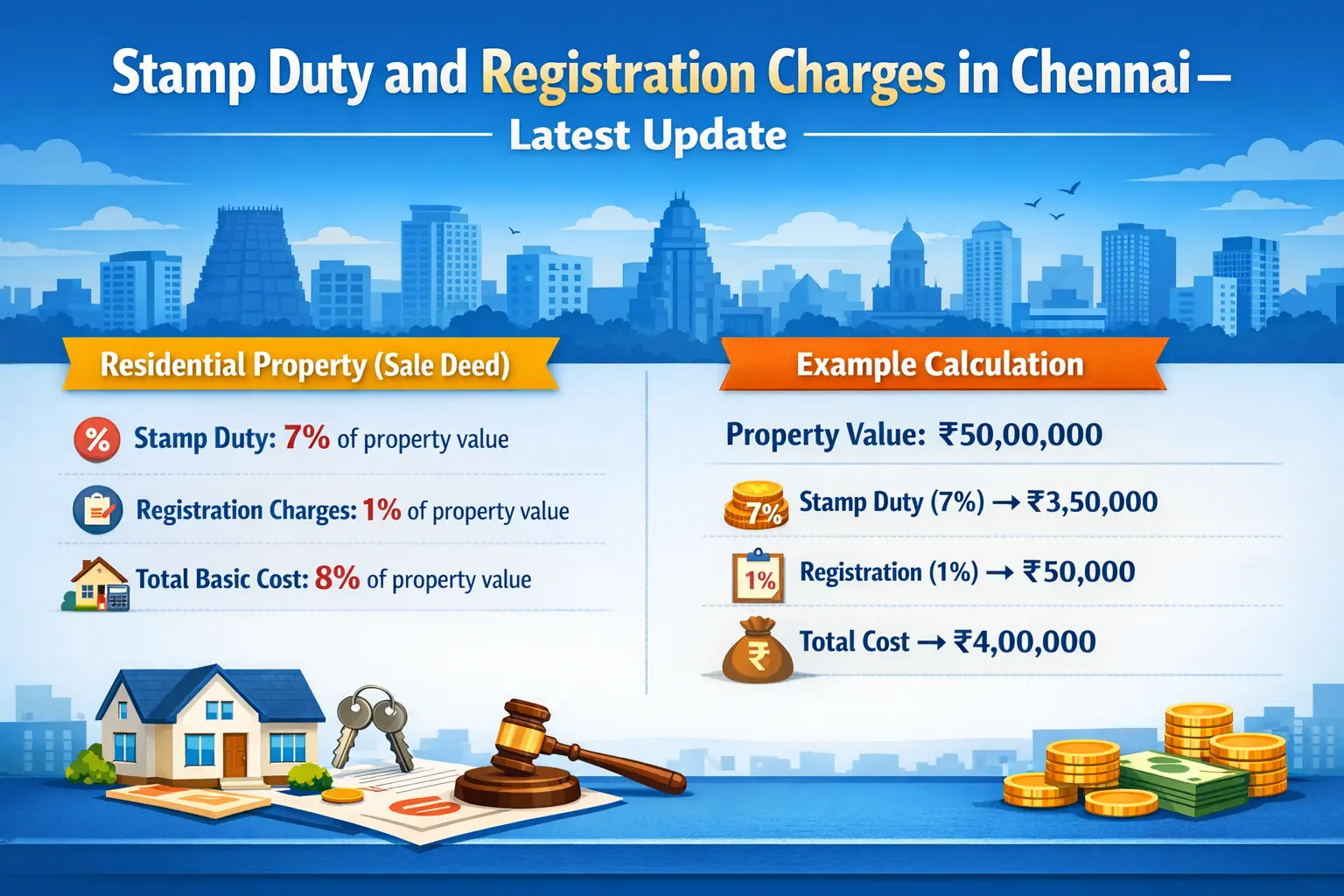Investing is about growing your wealth over time, and two of the most common avenues people consider are real estate and stocks. Both can be profitable, but they operate in very different ways, carry different risks, and fit different investment goals. Let’s analyze both in depth:
1. Real Estate Investment
What It Is
Real estate investment means buying physical property — such as land, houses, apartments, or commercial buildings — with the goal of earning income (through rent) or profit (by selling at a higher price later).
Types of Real Estate Investments
- Residential Property: Homes, apartments, condos.
- Commercial Property: Offices, malls, warehouses.
- Industrial Real Estate: Factories, manufacturing spaces.
- Land: Undeveloped plots that can appreciate or be developed later.
- REITs (Real Estate Investment Trusts): Publicly traded companies that own and manage real estate — a way to invest in property without owning it directly.
Advantages of Real Estate
- Tangible Asset: You own something physical that has intrinsic value.
- Regular Income: Rental properties provide steady monthly cash flow.
- Appreciation: Property values generally rise over time, especially in growing locations.
- Leverage: You can use loans or mortgages to buy property, allowing you to invest more with less upfront capital.
- Inflation Hedge: When prices rise, so do rents and property values, protecting your purchasing power.
- Tax Benefits: Deductions on mortgage interest, depreciation, and property taxes can reduce your taxable income.
Disadvantages of Real Estate
- High Initial Investment: You often need a significant amount of money for a down payment.
- Low Liquidity: Selling a property can take months, unlike stocks that can be sold in seconds.
- Maintenance and Management: You must deal with repairs, tenants, and property upkeep (unless you hire a manager).
- Market Risk: Property prices can fall due to economic downturns, oversupply, or location issues.
- Leverage Risk: If you use too much debt, falling property values can lead to losses or foreclosure.
Average Return
Historically, real estate tends to provide 8–12% annual returns on average, combining rental income and appreciation — though this varies by market and management quality.
2. Stock Market Investment
What It Is
Stocks represent ownership in a company. When you buy shares, you own a small part of that company. You profit when the company performs well, either through dividends (a share of profits) or capital gains (when the stock price rises).
Types of Stock Investments
- Individual Stocks: Buying shares of specific companies.
- Mutual Funds: Professionally managed funds that hold many stocks.
- ETFs (Exchange-Traded Funds): Funds that track indexes like the S&P 500.
- Index Funds: Passive funds that mimic the performance of major stock indexes.
Advantages of Stocks
- High Liquidity: You can buy and sell stocks instantly on the market.
- Low Entry Cost: You can start investing with very little money.
- High Potential Returns: Historically, the stock market (like the S&P 500) returns about 10–12% per year on average.
- Diversification: You can own parts of many companies across industries and countries.
- No Maintenance: No physical work like managing tenants or properties.
- Compounding Growth: Dividends and reinvested profits grow exponentially over time.
Disadvantages of Stocks
- Volatility: Prices can fluctuate daily based on market sentiment, economy, or company news.
- Emotional Risk: Many investors panic and sell during market downturns.
- No Tangible Asset: Stocks are intangible — they exist as ownership rights.
- Market Manipulation: Short-term traders, speculators, and institutions can influence prices.
- Dividends Not Guaranteed: Companies may reduce or cancel dividends during tough times.
Average Return
Historically, the U.S. stock market has provided around 10% average annual return over long periods (before inflation). However, this can vary year to year — from large gains to large losses.
3. Comparison Summary Table
| Features | Real Estate | Stocks |
| Types of Asset | Physical / Tangible | Intangible / financial |
| Liquidity | Low ( takes times to sell ) | High ( can sell instantly ) |
| Minimum Investment | High | Low |
| Volatility | Low - Medium | High |
| Management Effort | High ( maintenance, tentants ) |
Low ( buy and hold ) |
| Leverage ( Debt Use ) | Easier to use | Riskier / margin trading |
| Income Source | Rent + Appreciation | Dividends + Price Growth |
| Tax Benefits | Mortgage, depreciation, expenses | Dividends tax rates, capital rates tax |
| Historical Returns ( Annual ) | 8 - 12% | 10- 12% |
| Inflation Protection | Strong | Moderate |
| Ownership Feel | Physical property | Paper / electronic assest |
4. Which Is the Better Investment?
It Depends on Your Situation:
- If you want steady cash flow and a tangible asset:
- Real estate is better.
- Ideal for investors seeking stability, passive rental income, and long-term appreciation.
- If you want liquidity and hands-off growth:
- Stocks are better.
- Perfect for investors who prefer flexibility, low management, and diversified exposure.
- If you have limited capital:
- Stocks are easier to start with — you can invest small amounts regularly.
- If you can handle property management or hire someone:
- Real estate can provide steady cash flow and leverage advantages.
- If you want compounding and diversification:
- Stocks (especially through index funds) provide easy access to global companies and sectors.
5. Risk and Reward Considerations
| Risk Type | Real Estate | Stocks |
| Market Risk | Property value fluctuate | Stock prices fluctuate daily |
| Leverage Risk | High if mortgage used | Limited unless margin used |
| Liquidity Risk | High | Very Low |
| Operational Risk | Usually protected | Company mismangement |
| Inflation Risk | Usually protected | Moderate protection |
| Tax Impact | Complex but favorable | Straightforword but taxable gains |
6. Long-Term Outlook
Historically, both markets build wealth, but in different ways:
- Over 30+ years, both real estate and stocks have outperformed inflation and increased purchasing power.
- Stocks generally grow faster due to compounding and reinvestment.
- Real estate grows slower but provides stable, tangible, and leveraged returns.
Many wealthy investors actually own both — real estate for stability and passive income, and stocks for growth and liquidity.
Also Read: Real Estate Investment and their Essentials
Conclusion
There is no single “best” investment for everyone. The “best” depends on your goals, risk tolerance, financial situation, and how active you want to be in managing your money.
Choose Real Estate if you want:
- Steady monthly income (rent)
- Tangible, physical ownership
- Protection from inflation
- Ability to use leverage effectively
- Long-term wealth through appreciation
Choose Stocks if you want:
- High liquidity and flexibility
- Low entry cost and diversification
- Passive, hands-free investing
- High potential returns over decades
- Ability to reinvest and compound easily
https://www.livehomes.in/blogs













